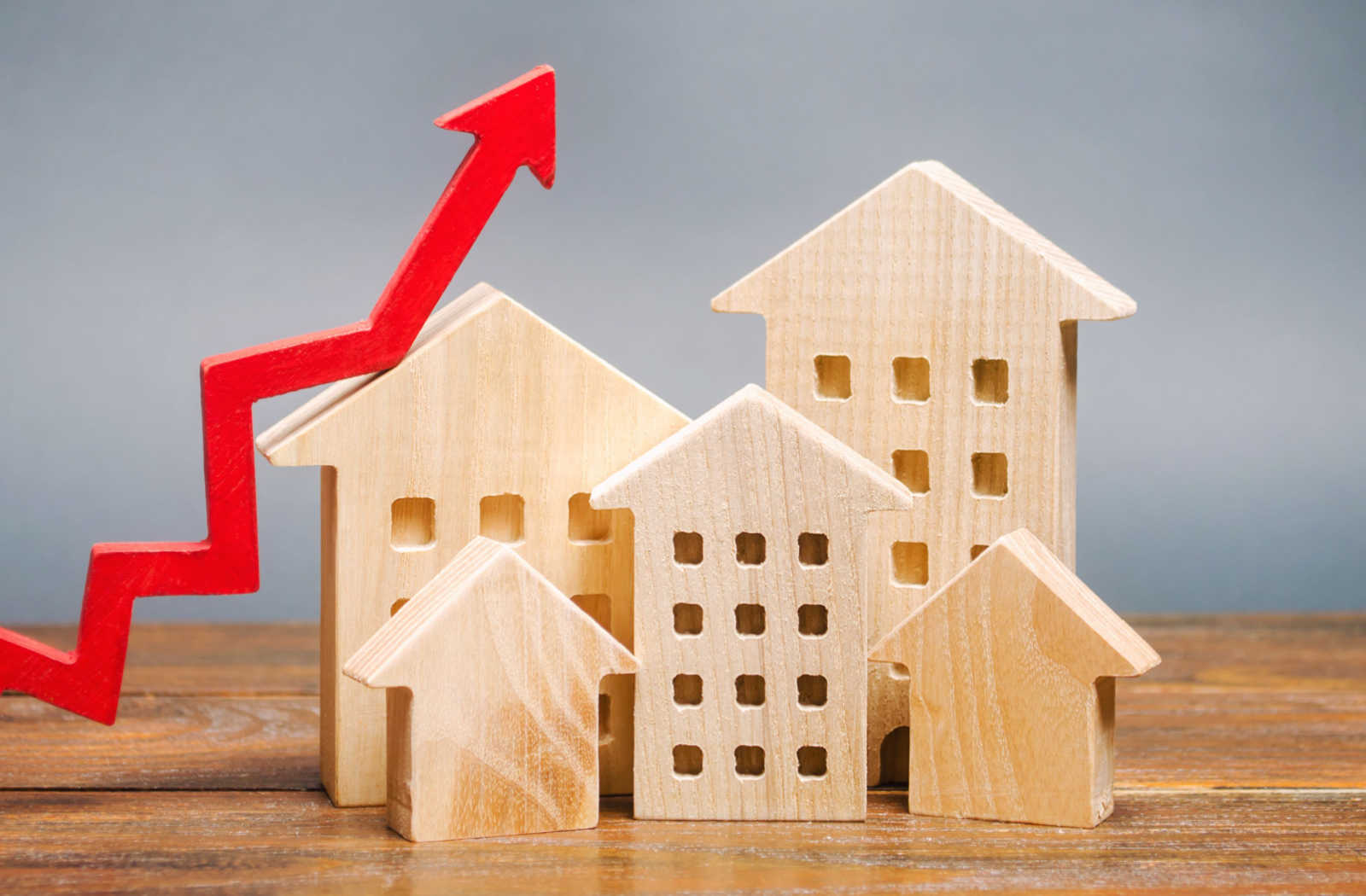The Bank of Canada is raising interest rates left, right, and center. Many Canadians are feeling the impact of this increase on their day-to-day finances, especially those with variable-rate mortgages.
If you have a variable-rate mortgage, you may be approaching your trigger rate. But what exactly is a trigger rate, and how does it affect your mortgage? We’re here to help you make sense of it all and find the right solution for you.
What is a Trigger Rate?
A trigger rate is the point at which your regular mortgage payment no longer covers the interest owed.
This trigger rate is an interest rate. When your trigger rate takes effect, it means you’re no longer covering the interest accrued on your mortgage with your regular payment since the last payment.
Essentially, your entire mortgage payment is going towards your interest, and none is going towards your principal, so the balance owing on your mortgage is actually increasing once your trigger rate takes effect.
If your trigger rate kicks in, and your regular payment is going entirely towards your mortgage interest, any remaining amount of interest that isn’t covered by your payment is called “deferred interest” and is added to the balance on your mortgage.
In other words, if you reach your trigger rate, you’re no longer paying off your mortgage. Instead, you’ve started borrowing more, called “negative amortization.”
What Is a Trigger Point?
If you reach your trigger rate, your lender will likely give you a courtesy call to inform you.
While you don’t have to take any action to adjust your payments, allowing your mortgage to increase isn’t ideal. As every month passes, you’ll owe more money to your lender instead of less. You can work with your lender to find a solution that works for you.
Staying at your trigger rate could escalate to your trigger point if you don’t adjust your payments or find another solution to manage the larger amount owing every month.
Your trigger point is outlined in your lending contract. It refers to the point where your regular payment is no longer sufficient for repaying your mortgage loan.
While trigger points can vary based on each mortgage, it’s common that a trigger point outlines the balance amount of your mortgage. It can also be a percentage of your property value.
For example, let’s say you take out a mortgage today for $350,000. You choose a variable-rate mortgage and pay off $25,000 in your first year. Then, you hit your trigger rate.
Within a few months, your mortgage balance increases to $340,000. Your lender has informed you that your trigger rate is in effect and that if you reach $350,000 (your original loan amount), you will hit your trigger point.
Does My Mortgage Have a Trigger Rate?
If your mortgage is a variable-rate mortgage, it has a trigger rate.
Variable rates are a type of interest rate that can increase or decrease if the Bank of Canada changes the prime rate. The prime rate is the cost of borrowing for lenders, banks, and other creditors.
Every interest rate starts at prime, and your lender adds a percentage on top, which is your cost of borrowing from your lender.
If you want to avoid trigger rates altogether, it’s best to choose a fixed-rate mortgage where your interest rate will be locked in for a specific length of time.
How Will a Trigger Rate Affect My Mortgage?
While a trigger rate may not affect your mortgage immediately, it will increase the balance owing on your mortgage over time.
Additionally, if your regular payments are no longer sufficient to repay your loan, this could theoretically impact your credit score. This depends on your ability to adjust your payments to meet your debt obligation.
What Are My Options?
Hitting your trigger rate doesn’t have to cause panic. You just need to know your options:
- Increase your payments: This is the simplest option, although it may not be the most attainable. If you can increase the amount of your regular mortgage payment, it can prevent you from owing more on your mortgage and potentially “hold you over” until interest rates decrease again.
- Make a lump-sum payment: If you have a sum of money available, you could make a lump-sum payment to your mortgage to reduce the principal and, as a result, reduce your interest owing. You can make a lump-sum payment of up to 15% of your original loan amount annually. Lump-sums go entirely towards your principal, so this could be an effective, albeit temporary, solution to avoid your trigger rate.
- Switch to a fixed rate: Most lenders should allow you to switch from a variable rate to a fixed-rate mortgage at any time. This can help you avoid a trigger rate for (at least) 5 years.
- Extend your amortization: If you can extend your amortization, this may help you lower your regular payment and save on interest. However, extending your amortization may not always be possible and is likely not enough alone to resolve the issue of a trigger rate.
I Need Help
If you are approaching or have already reached your trigger rate, we can help you find a solution that works best for you. Contact our team at Mortgage Connection to learn more.





One thought on “What Is Trigger Rate and How Does It Affect Your Mortgage?”
Comments are closed.